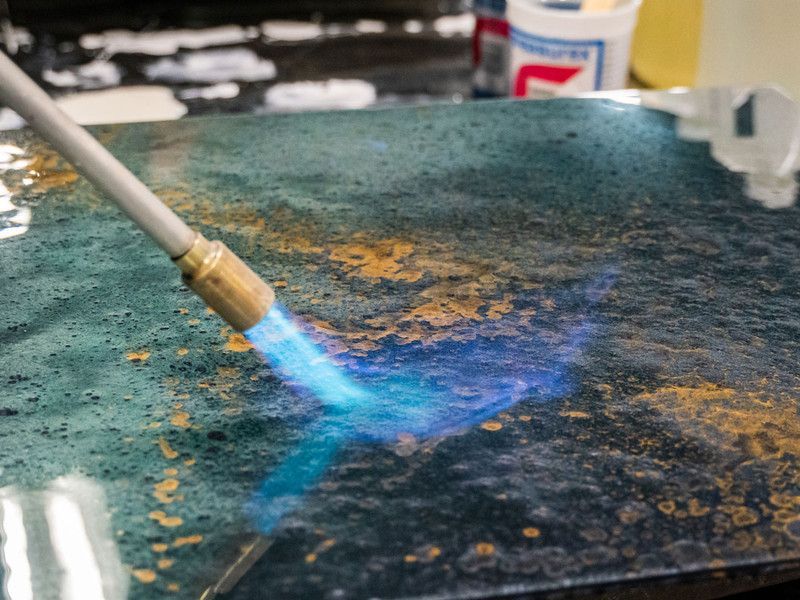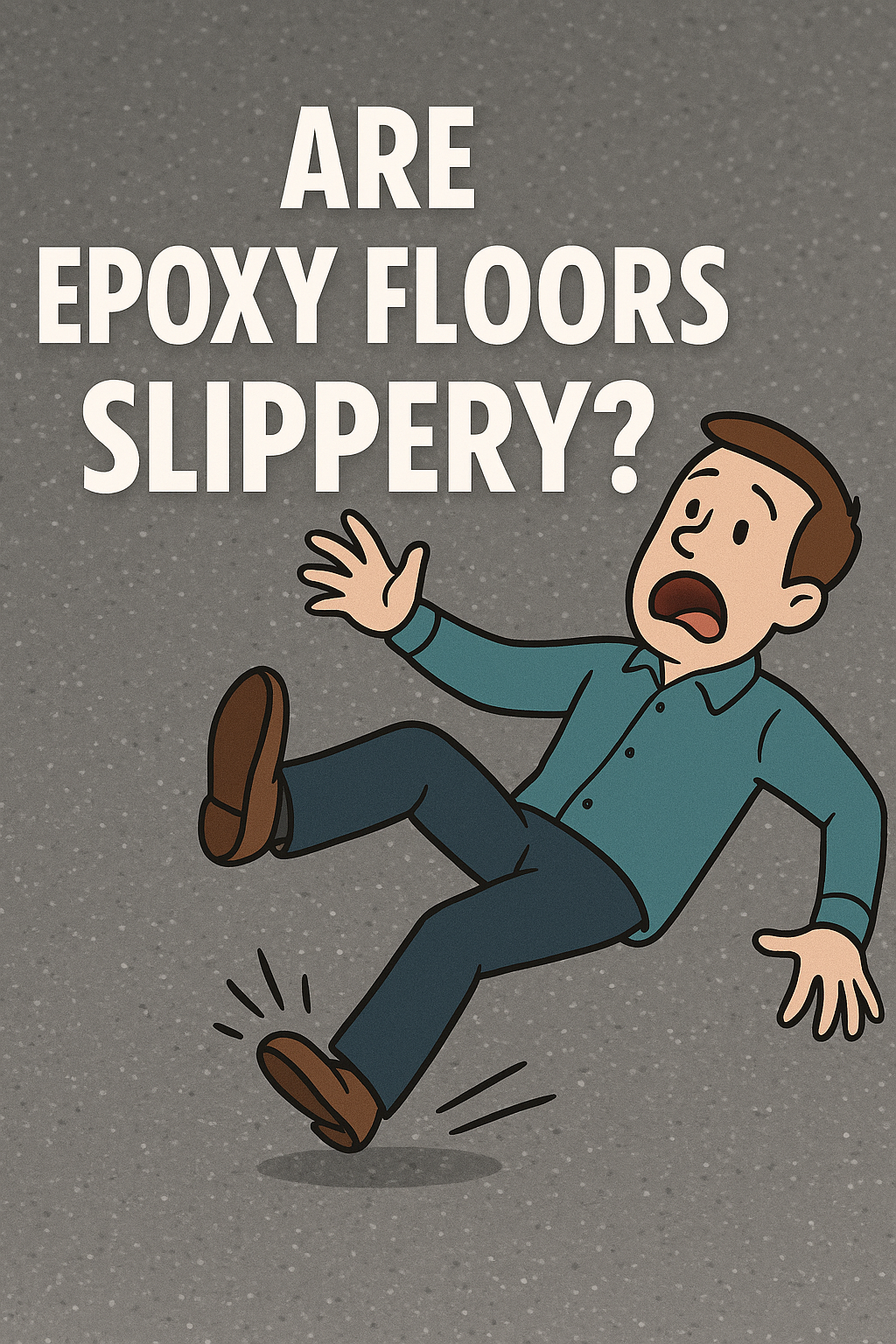Garage Floor Epoxy - What is it?
What Is Garage Floor Epoxy?

Types of Epoxy for Garage Floors
Types of Epoxy for Garage Floors
There are several types of garage floor epoxy, each suited for different needs. Understanding the types will help you choose the best option for your garage.
1. Solid Epoxy Coatings
- Best For: Residential garages and light to moderate traffic.
- Features: Thick, durable, and offers excellent protection.
- Pros: Long-lasting and resistant to stains and chemicals.
- Cons: Requires professional installation for optimal results.
2. Water-Based Epoxy
- Best For: DIY homeowners looking for an easy-to-apply option.
- Features: Less toxic and easy to clean up with water.
- Pros: Easier to apply and has a low odor.
- Cons: Not as durable as solid epoxy, and may require more frequent reapplication.
3. 100% Solids Epoxy
- Best For: High-traffic areas, commercial garages, and heavy-duty use.
- Features: No water or solvents, making it incredibly durable.
- Pros: Exceptional strength, longevity, and resistance to heavy use.
- Cons: Requires a longer curing time and may require professional installation.
4. Polyurethane-Modified Epoxy
- Best For: Those who want enhanced protection with UV stability.
- Features: More resistant to yellowing, scratches, and UV rays.
- Pros: High gloss finish and resistant to wear and tear.
Cons: Slightly more expensive than regular epoxy coatings.
Tips for a Successful Epoxy Application
- Temperature Matters: Apply epoxy when temperatures are between 50°F and 90°F (10°C - 32°C) for optimal curing.
- Use Safety Gear: Wear gloves, goggles, and a respirator to protect yourself from fumes and chemicals.
- Apply a Topcoat: If you want additional protection, apply a polyurethane or polyaspartic topcoat for a longer-lasting finish.
- Avoid Parking on New Epoxy: Don’t park your car on the floor until the epoxy has fully cured. This could take up to 72 hours depending on the product.
Conclusion
Garage floor epoxy is a fantastic way to improve the durability, aesthetics, and safety of your garage. With the right preparation and application, even a DIY homeowner can successfully apply epoxy and enjoy its benefits for years to come.
Whether you choose a solid epoxy, water-based, or 100% solids version, there’s an epoxy for every garage and budget. Be sure to follow the instructions carefully, and enjoy your new, durable garage floor!
Epoxy ?
Epoxy is a two-part resin and hardener that, when mixed together, creates a chemical reaction forming a durable, long-lasting, and highly adhesive coating. When applied to concrete floors, epoxy creates a smooth, shiny surface that resists stains, chemicals, and abrasions.
Durability and Strength
Epoxy forms a strong bond with concrete, making it resistant to cracking, chipping, and wear.
The coating can withstand the weight of vehicles and heavy equipment without showing signs of damage.
Benefits of Garage Floor Epoxy
Enhanced Aesthetics
Epoxy gives your garage floor a sleek, glossy finish that enhances the overall look of your space.
Available in a variety of colors and finishes, epoxy can be customized to match your home or style.
Chemical and Stain Resistance
Epoxy is resistant to harsh chemicals, oil, gasoline, and other common garage contaminants.
Spills can be easily wiped away without leaving permanent stains on the floor.
Easy to Clean
The smooth surface of epoxy makes it easier to clean compared to untreated concrete.
Dust, dirt, and grime don’t adhere to the surface, which reduces maintenance time.


Share On: